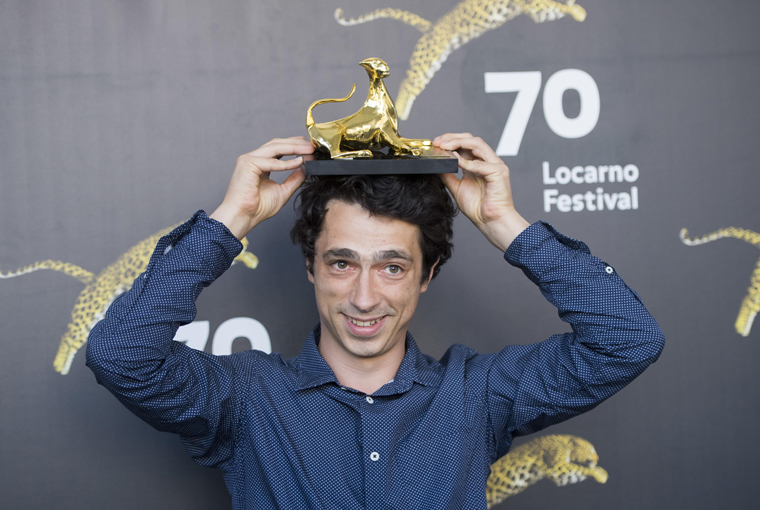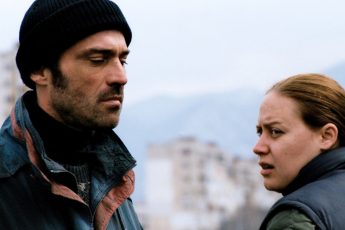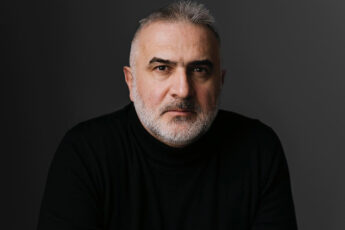
We met Ilian Metev in Cannes, where his debut feature “Sofia’s Last Ambulance” was part of the Semaine de la Critique selection…
What drove you to this project?
The idea started from an emotional reaction that I have had a few times in a hospital. You find yourself in an environment that seems to be falling apart, you get treated like you are not a human being, but then there are still other people who do seem to have preserved some sense of humanity. It is this contrast that drove me to the story.
Was there a particular reason why you approached this story through the documentary genre?
I get much more inspiration from watching feature films, and yet I am interested in capturing something authentic. I don’t really think of genres like that. I have a story, and then I try to think of the best way to capture that story.
How did you find the ambulance team that your film revolves around? Were they the first ones whom you approached?
No, we followed a few teams, but as soon as I met Krassi – the doctor – I knew I would focus on him. He is very honest – he would never tell you that he is doing this job because he wants to be humane or anything. Actually, they have a very dark humor which they need to stay sane (when I met Krassi, he told me that the dream of every doctor was that a plane crashes into a plane station). Still, you can tell that he cares about what he’s doing. He’s done it for 24 years and he still loves helping people.
Your film is edited as though it took place during one day and one night – how long were you with the ambulance?
We spent almost 2 years with them. We’ve known each other for 4 years, but we had to do some research and get the permission from the ministry of health before we started shooting. We had 5 cameras, 4 of which were installed in the ambulance, and 1 of which I was operating myself.
How long did it take to edit the film? Did it change the final feeling of the film?
About 5 months. I knew what sort of emotional development I wanted from the film, but at the editing table it still changed quite a lot.
Do you think that this film has had a lasting impact on you?
Yes, I do think that I have changed through this project. You see so much human tragedy that you find ways how to respond to it. Of course, in those situations, you want to be as human as possible, but afterwards you simply want to forget, and I think that’s something I’ve learnt to do from this shoot. Some situations you can’t forget, not even the doctor who’s been doing it for 24 years.
Was it difficult to get permission from the patients and relatives to be allowed to film?
We weren’t welcome everywhere. When you arrive, you can sense after a few seconds whether you are welcome or not. For most cases, they made us stop filming at some point or other, but that’s just how such projects go.
Has the state of the Bulgarian health care system improved since you have started working on your film?
There have been small changes, but I don’t think anything major has changed for the better. They have been promised higher salaries for months now.
What do you think about “The Death of Mr. Lăzărescu”?
I think that it’s a fantastic film. In fact, I had the idea for Sofia ’s Last Ambulance before The Death of Mr. Lăzărescu came out, and I was considering to drop my idea when I first saw it since it captured the feeling I was trying to convey very well. Some friends encouraged me to keep working on my project, and as soon as I met the protagonists, it became an autonomous and different work.
What did your protagonists think about the film?
They first saw it at the premiere, and they were very moved. They thought that it’s a genuine portrayal of them, which is very important to me.
Is your film primarily a portrayal, or is it a political film? Where do you draw the line?
My main motivation was to make a film about these three people, but inevitably, it also has a political resonance. I do hope that it can have a small impact politically, but we first have to see how Bulgarian audiences respond to it.
Thanks for your time.




Leave a Comment